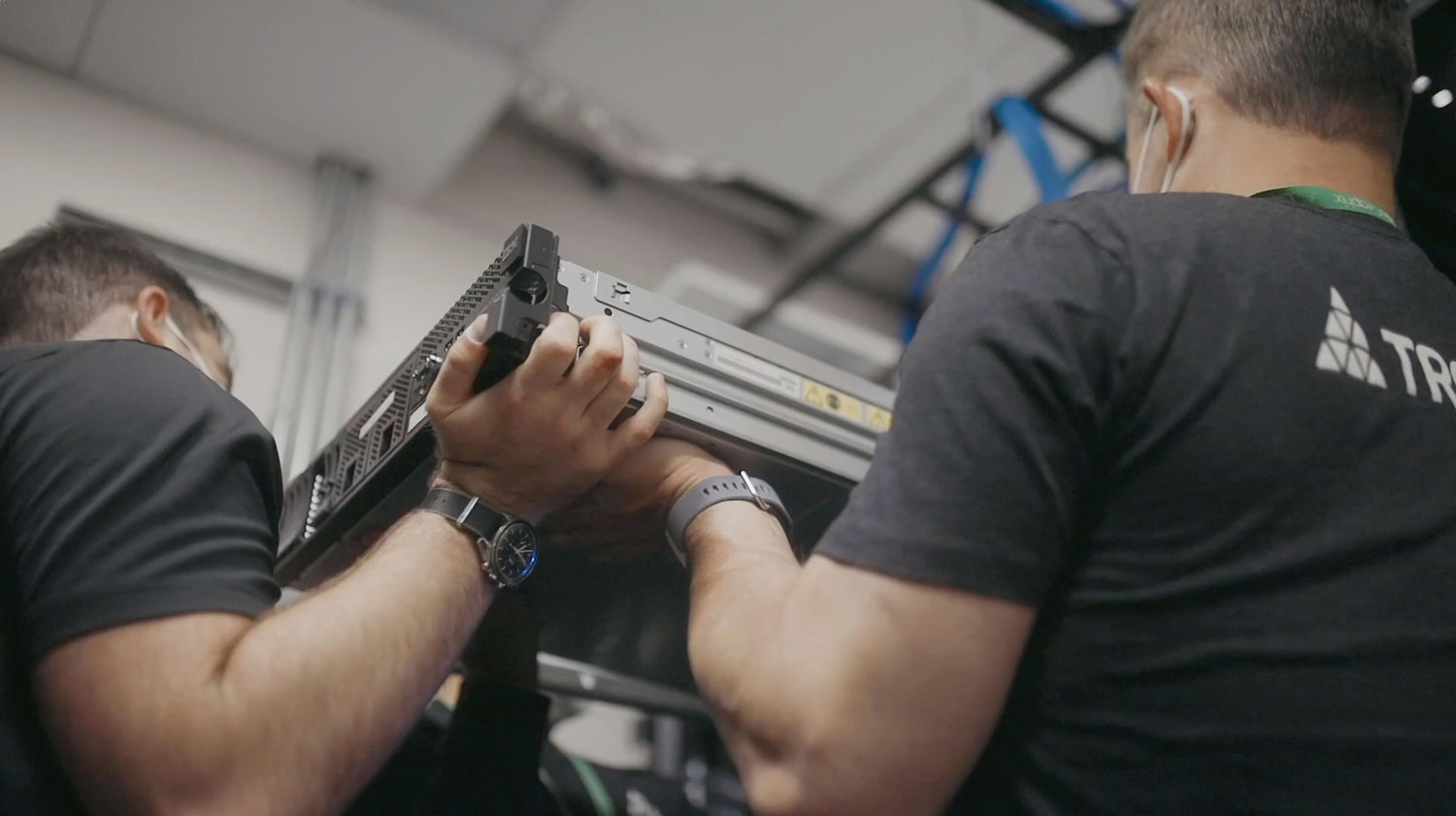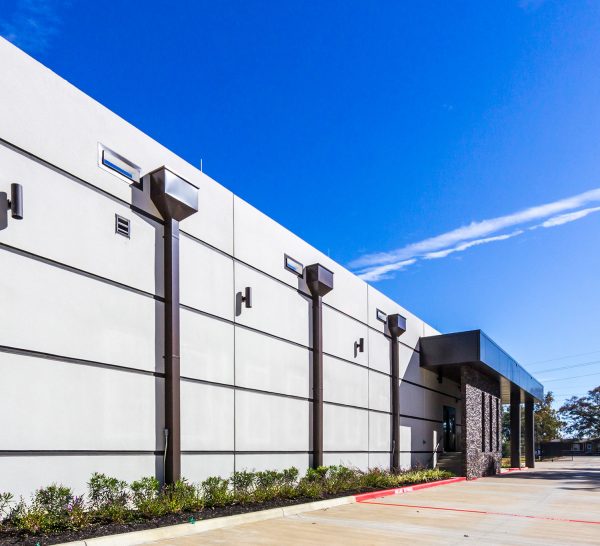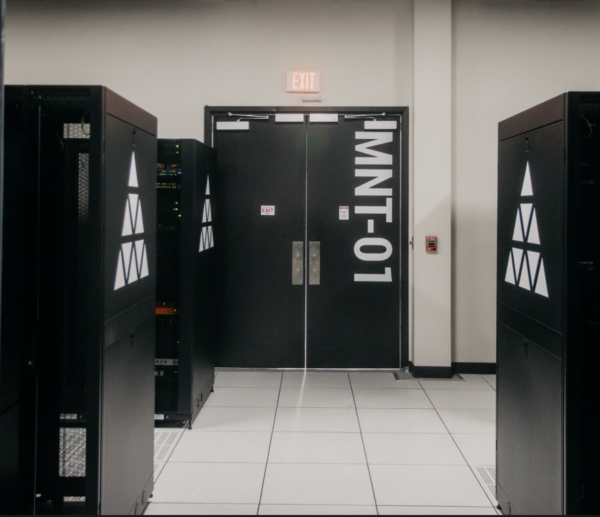Successful data center relocations are the result of huge amounts of careful project planning, which starts long in advance of the big day.
Whether you already have a data center relocation on the horizon, or you’re considering making the move in the future, it pays to be prepared. In this article, we’ll talk you through some of the most important steps in the planning of a successful data center relocation. Once you have the relocation planned out, be sure to also read our essential Data Center Relocation Checklist for a breakdown of the key steps to remember for the move.
Project planning
The amount of planning that goes into your data center relocation really can make or break it. Don’t be afraid of spending significant amounts of time (and utilising a fair amount of manpower) in this planning stage. A well planned move really will pay off in the end.
The early stages of your project planning should see you establish which member of the team will take responsibility for project management. Assigning responsibility in this way will ensure accountability, smoothing the process along as one person takes the lead in delegating the tasks that need to be done.
Once your project manager has been assigned to the job and everyone knows what their roles are, you can start to think about prerequisites for your move. By this, we mean things that might throw a spanner in the works if they aren’t carried out in a timely fashion. Check for things like approval for your staff, power requirements, remote access needs, and ID or other requirements for any professionals that might need access on the day.
Ideally, your project plan will include the names of all team members involved and their specific responsibilities. You’ll also want to create a realistic timeframe in which jobs should be carried out. List information on any other steps that your team might need to take in the run up to, and on the day of, the relocation.
Insurance
Insurance is vital in any data center relocation. It’s often possible to add to existing policies to provide coverage for relocations, but we advise you to check with your insurance company to find out more about how this might work.
Some companies opt to source their own insurance exclusively for relocation processes, while others prefer to stick with their existing insurance company. The pros and cons of each will vary according to the specific policies that your company holds and what level of coverage the business has up to this point.
Of course, you can minimise the risk of anything going wrong by planning everything down to the very last second, but there’s still a possibility that you might encounter unforeseen problems that could soon prove costly. So, make sure you’re well covered for any eventuality.
Early preparations
There are a number of things that you can do well before the relocation, to help make sure the later stages are as hassle-free as possible. Early preparation is key, and the more complex your relocation is the more important those early preparations could be.
It’s a good idea to order a number of spare hard drives in advance of the relocation, along with any CPU/memory you might need. Additional parts may well be required on the day, and you won’t want to be waiting around for these to arrive.
Network teams should be fully briefed and ready for any action they need to take during the relocation. Ask network teams to perform advance testing of patch panels, for example, and make sure network switches have been pre configured in good time.
Power is another vital resource, but it’s one that’s overlooked all too often. So, make sure you’ll have adequate power for the relocation and that this power has been tested well before the move. You’ll also want to check that you have enough space and ventilation for racking at your data center.
Backups
In all likelihood, your team will be creating backups on a regular basis already. But the creation of these backups isn’t the end of the job.
It’s always worth testing recent backups at regular intervals to ensure there are no nasty surprises if you do ever have to use them. Of course, this is particularly important if you’re planning a relocation in the near future, as the likelihood of requiring those backups will be higher than usual.
Testing your backups will give you the peace of mind that any last-minute hiccoughs can be easily rectified if needed. Make sure all relevant team members have a good understanding of how data can be restored when necessary, to avoid any confusion if challenges crop up on the day of the relocation.
—
At TRG Datacenters, we build the best data center experiences. Through our managed migration service, Colo+, we remove the headaches associated with data center relocation by allowing customers to drop ship their gear and then rest as our specialized team takes care of everything else.
Looking for managed Colo?
Our Colo+ service is an evolution in the data center experience







